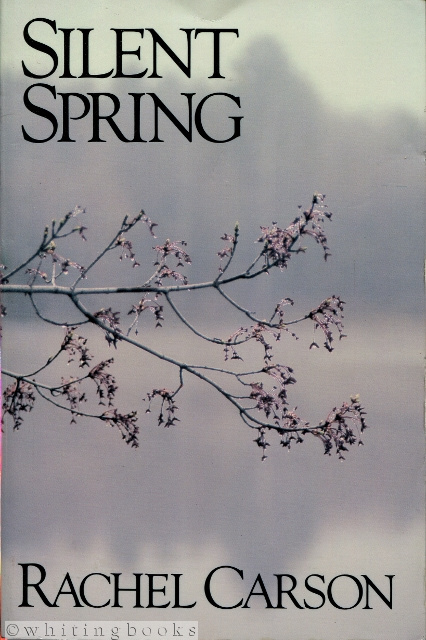

As Carson put it, “If we are going to live so intimately with these chemicals-eating and drinking them, taking them into the very marrow of our bones-we had better know something about their nature and their power.” While every toxic chemical named in the book was either banned or severely restricted in the United States by 1975, Carson’s underlying message of the need for strong science-based policymaking to protect us from the harms of toxic chemicals is still especially applicable today. It galvanized the environmental movement and it pushed the federal government and Congress to carry out scientific research on pesticide contamination and to act on that research.

It continues to be a source of inspiration for writers, scientists, and the public today. The book provides strong scientific evidence of the enormous harms pesticides such as DDT pose to public health and the environment. This month marks 60 years since the publication of Rachel Carson’s Silent Spring.


 0 kommentar(er)
0 kommentar(er)
